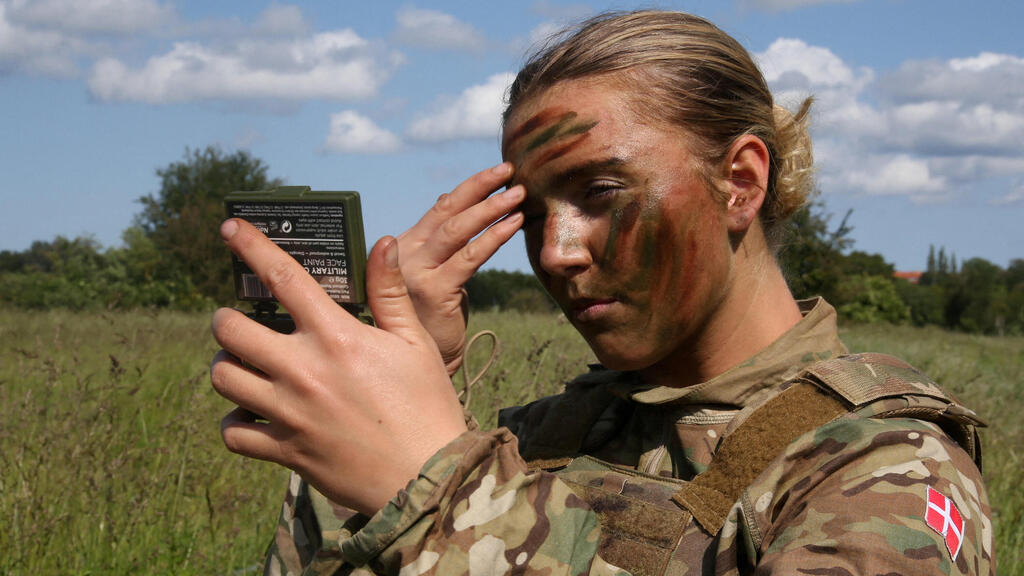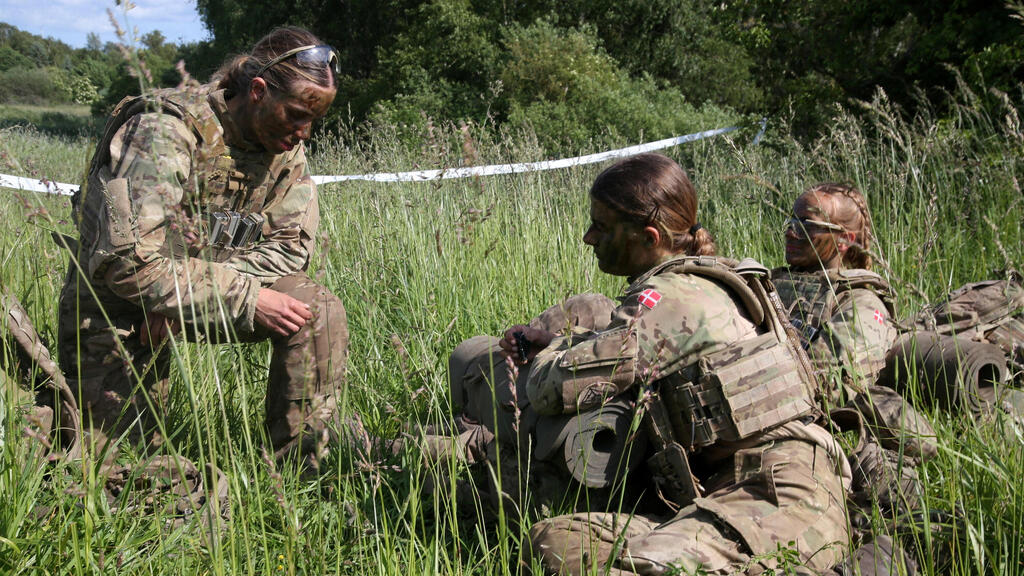Denmark has implemented a new conscription law that, for the first time, requires women to register for potential military service at age 18, placing them under the same selection system as men. While not all women will be called up, those deemed medically fit may be conscripted through a lottery process—just like their male peers.
The country of approximately 6 million people maintains a hybrid military structure. The Danish Armed Forces consist of about 9,000 full-time professional soldiers, supported each year by several thousand short-term recruits. These temporary troops—both men and women—typically serve for a few months.
The military first draws from a pool of volunteers, but if that pool is insufficient to meet annual targets, it supplements with conscripts chosen by lottery from those who did not volunteer.
Under the previous system, all men were required at age 18 to register and appear for medical screening. Those deemed fit received a lottery number. A draw between 1 and 8,000 meant the individual could be called up even in peacetime if not enough volunteers stepped forward.
Get the Ynetnews app on your smartphone: Google Play: https://bit.ly/4eJ37pE | Apple App Store: https://bit.ly/3ZL7iNv
Numbers above 8,000 were considered eligible only in the event of war. While conscription is mandatory, most eligible draftees are permitted to defer service until after completing university studies.
The new law, which took effect on July 1, now requires women to undergo the same registration and selection process. Until now, women were only allowed to join the military as volunteers. In 2024, about 24% of the 4,700 recruits were female.
The reform comes amid growing defense concerns in Europe following Russia’s 2022 invasion of Ukraine. With fears that Moscow could target additional countries in the future, many European nations have ramped up military spending and recruitment efforts.
Denmark, a NATO member, pledged last week to significantly increase its defense budget. As part of the overhaul, the country plans to extend the mandatory service period from four months to 11 months by 2026 and to increase the number of conscripts from roughly 5,000 to 7,500 by 2033.
While Israeli society is accustomed to seeing women in uniform, Denmark—despite its strong record on gender equality—recognizes it still has work to do in integrating women into the armed forces.
Katrine, a Danish soldier, told Reuters this week that improvements are still needed: “There are different things that they need to improve, especially in terms of equipment. Right now, it's made for men, so perhaps the rucksacks are a bit too large and the uniforms are large as well.”
Katrine, who joined as a volunteer, welcomed the new law requiring women to be part of the conscription system. “In the world situation we're in right now, it's necessary to have more conscripts, and I think that women should contribute to that equally, as men do.”



